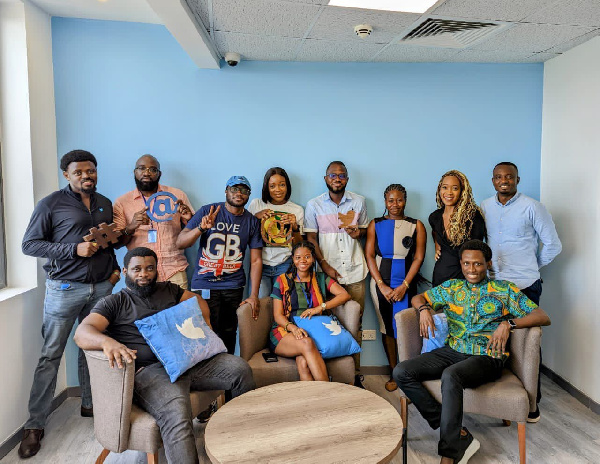In less than two weeks since Elon Musk took over the Twitter company, there are already concerns that the company is choosing to ignore key risks in its biggest international growth markets.
On Friday, November 4, reports emerged of a massive layoff of employees across its only African office in Ghana’s capital city, Accra.
Till last week, staff of the Twitter company in the company’s Accra office had been working remotely since its announced that it would open its first African office in Ghana in April 2021,
According to reports, only one employee appears to have been retained in the Ghana office after the job cuts which also affected the company’s India office.
The Ghana office was opened to some fanfare last year with the company saying it wanted to be more “immersed” in African conversations.
There are reports the Ghana staff allegedly sent messages about the end of their contracts to their personal accounts, after being denied access to work emails.
Victims account
“It’s very insulting,” one person who wanted to stay anonymous told the BBC.
“From the mail to the lack of next steps to the tone of the letter. Just everything. Ridiculously insulting,” a staff member lamented.
The termination of employment notice indicates that the “last day of employment will be 4 December 2022”.
This move is against local labour laws which state that employers must give employees at least three months’ notice before the termination of the contract date.
It is also against the law in Ghana to not offer redundancy pay, which the anonymous staff members said they have not received but will get their normal salary.
Even before the layoffs, Twitter was going through a tough time in both India and Africa
Twitter vs Nigeria
The company also went through a challenging period in Nigeria last year.
Last June, the Nigerian government suspended Twitter’s operations in the country, accusing the social media firm of allowing its platform to be used “for activities that are capable of undermining Nigeria’s corporate existence.”
The ban was announced just two days after Twitter deleted a tweet by President Muhammadu Buhari that was widely perceived as offensive.
In the tweet, Buhari threatened citizens in the southeast region following attacks on public property.
Nigeria decided to lift the ban only in January this year.
Tech experts fear that the company will find it even harder to navigate new laws in emerging markets.
First reported by Africanews






















